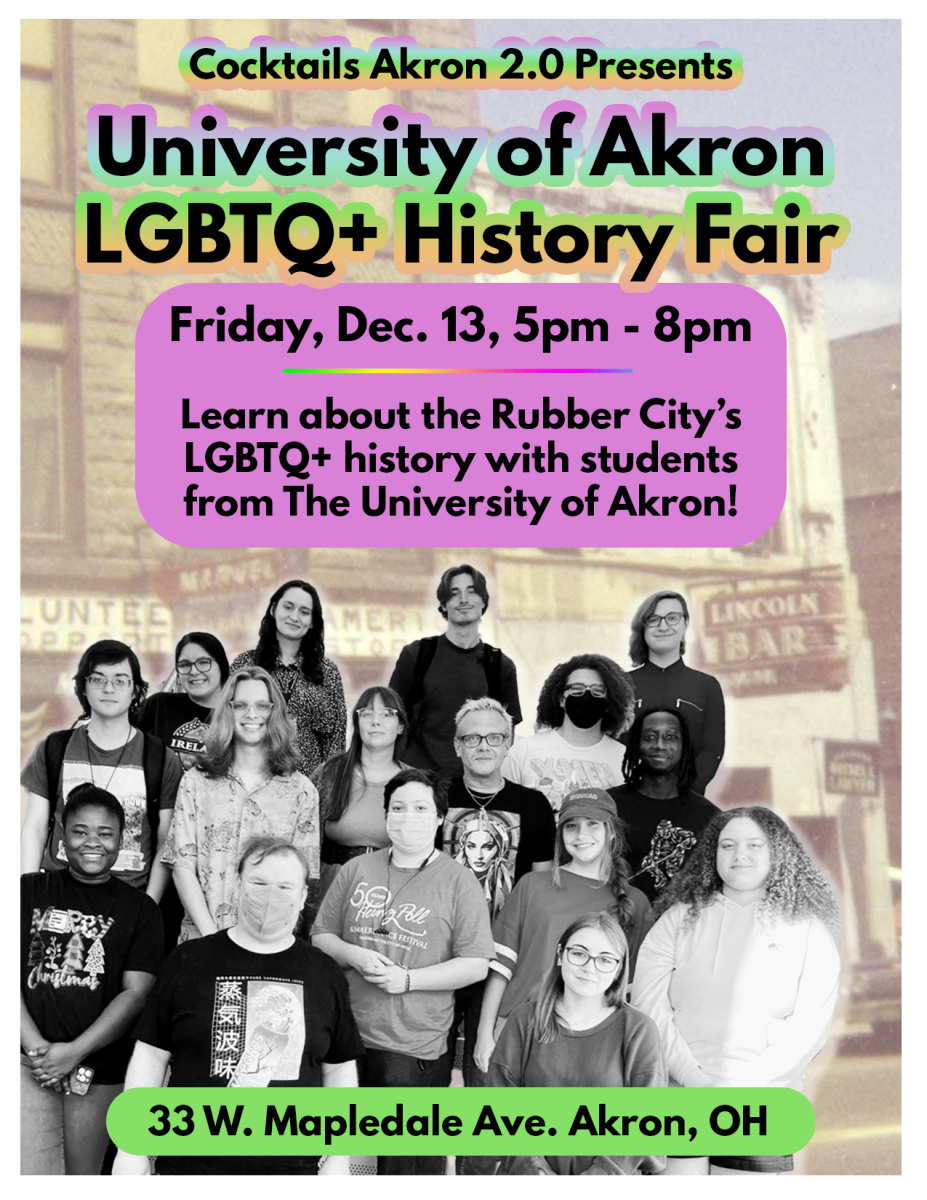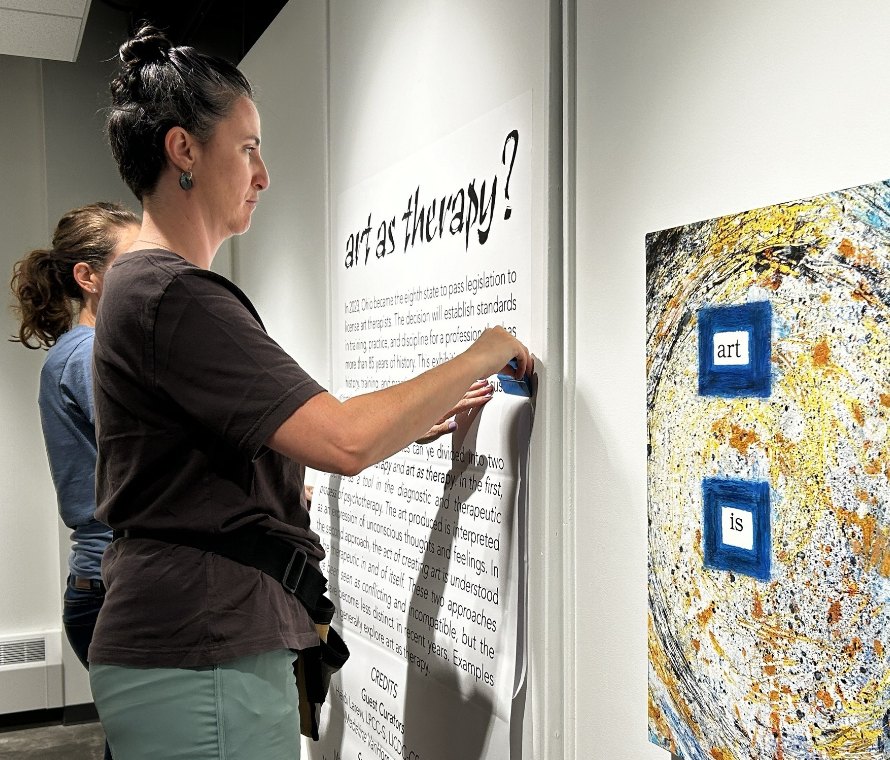By: Pamela Kellman
Jeannette Walls, author of The University of Akron’s common reading book for 2011, “The Glass Castle,” visited EJ Thomas Performing Arts Hall Wednesday night to deliver the First Year Lecture address “Literacy: The Keys to the Castle.”
The author shared many of the anecdotes of her tumultuous life that appear in her bestselling memoir to stress to students and guests in the audience the importance of their own stories.
Walls grew up in the Southwest and West Virginia in a highly dysfunctional family, but holds no regrets about or grudges against her childhood.
“For most of my life, my story was a deep shame for me,” Walls said. According to the author, the story took her just six weeks to write down, but she spent another five years “trying to get it right.” For readers and critics of “The Glass Castle,” it is apparent that she did just that.
When she began recording her story, Walls shared that her fantasy was that “some rich kid would read it and would be nicer to the kids who grew up on the wrong side of the tracks.” However, Walls developed a bigger hope for her story: that someone who grew up like her would read it.
The glass castle, which takes its place in the memoir’s title as a dream her father had of one day building a mansion in the desert, is something Walls sees as a dream that her father gave her for her future. It is a gift, Walls shared, to learn to navigate obstacles.
“I know how to fall,” Walls said.
“It is whatever you choose to make of it,” Walls said. “Everything in our past is a blessing and a curse, and it’s up to us to choose which one.”
For Walls, her greatest demon in accepting her past was herself.
“I used to think that the way to feel good about yourself was to feel superior to other people,” Walls said. Walls used the power of storytelling to overcome that fallacy.
“I am writing about the power of storytelling,” Walls said. In telling stories, Walls believes that we can learn to accept those who are different from us and realize that we are all, in one way or another, alike. She encouraged everyone in the audience to tell his or her stories and to not be afraid of what people will think.
In a question and answer session following the lecture, Walls was asked if she was ever accused of embellishing her story, due to the James Frey incident which put the nonfiction author in the spotlight around the time of Walls’ story being published. Frey was an author accused on the Oprah Show of falsifying much of his book “A Million Little Pieces,” which was marketed as a memoir.
“I believe that the book was real,” said Steven Porter, freshman Psychology major. “From how she spoke tonight, the question was [proven] inappropriate.”
For some who read her memoir, the depiction of Walls’ mother is the most challenging to understand.
“Writing about my mother was the most challenging part of writing my story,” Walls said. “Even though ‘The Glass Castle’ is nonfiction, we shape our truths by what stories we choose to tell and how we choose to tell them.” In the case of Walls’ less-than-attentive mother who “can put a positive spin on anything,” the author realized the importance of acceptance, not forgiveness. “How can we forgive someone for who they are?” said Walls.
In writing her novel, Walls said she wanted to tell the truth. She never dreamed her book would see its current success.
“She helped make some of the people aware that book club isn’t just something housewives do,” said Nicole Seaman, senior Biology major and co-president of the Honors Book Discussion Group on campus. “It’s a way to see different perspectives rather than just through your own eyes.”
Ending her lecture, Walls shared an anecdote that appears in the opening scenes of her memoir. As a three-year-old, Walls was boiling hot dogs when her dress caught fire and she was taken to the hospital to receive skin grafts. After meeting her husband, the son of a diplomat, Walls was wary about sharing her past, but her husband told her never to apologize for your scars – they give you texture.
“She’s perfectly imperfect,” said Stephanie Foxworth, freshman Communications major. “She encouraged me because I have scars. I’m at ease. Maybe I’ll tell my story.”
“Texture is interesting,” said Walls. “They are our stories – how we choose to tell them is up to us.”
The First Year Lecture is sponsored by New Student Orientation. The lecture coincides with the common reading for first year students at UA and enhance the reading experience. The common reading book is meant to be used in freshman courses as a discussion topic on which students can engage and respond to the text.
“Without what just happened,” said Porter, referring to the lecture event, “[the common reading program] is high school.”
A student review of “The Glass Castle” can be found on page B1 of Arts & Life.





